Throughout history, certain philosophical ideas have profoundly shaped how we think about the world, ourselves, and our place within it. These groundbreaking concepts challenge conventional beliefs, urging us to reconsider long-standing assumptions and offering fresh perspectives on ethics, existence, and society. From questioning the nature of reality to exploring the complexities of human behavior, these ideas have influenced not only philosophy but also science, politics, and everyday life.
The Socratic Method
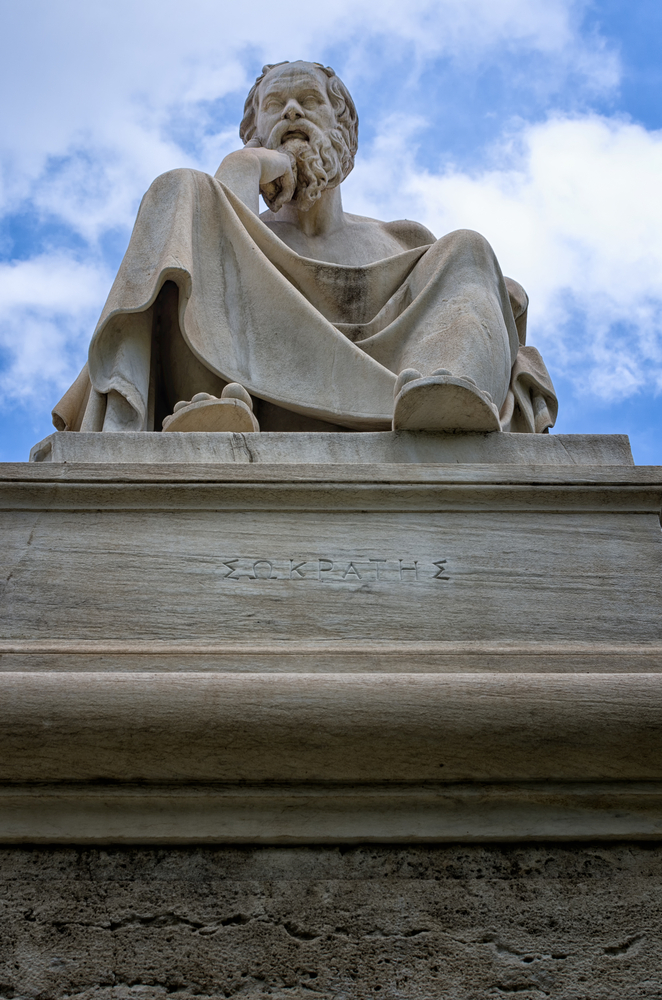
Socrates, one of the most famous figures in philosophy, introduced the Socratic Method, a form of cooperative argumentative dialogue. By asking a series of questions, this method sought to stimulate critical thinking and draw out ideas and underlying presuppositions. It shifted the way we think by emphasizing that wisdom begins with recognizing our ignorance. It also laid the groundwork for scientific inquiry, emphasizing that ideas should be examined and debated, not just accepted. It’s an approach still used today, especially in legal education, to cultivate sharp analytical skills. This form of questioning inspired modern concepts of dialogue and reflective learning.
The Selfish Gene by Richard Dawkins
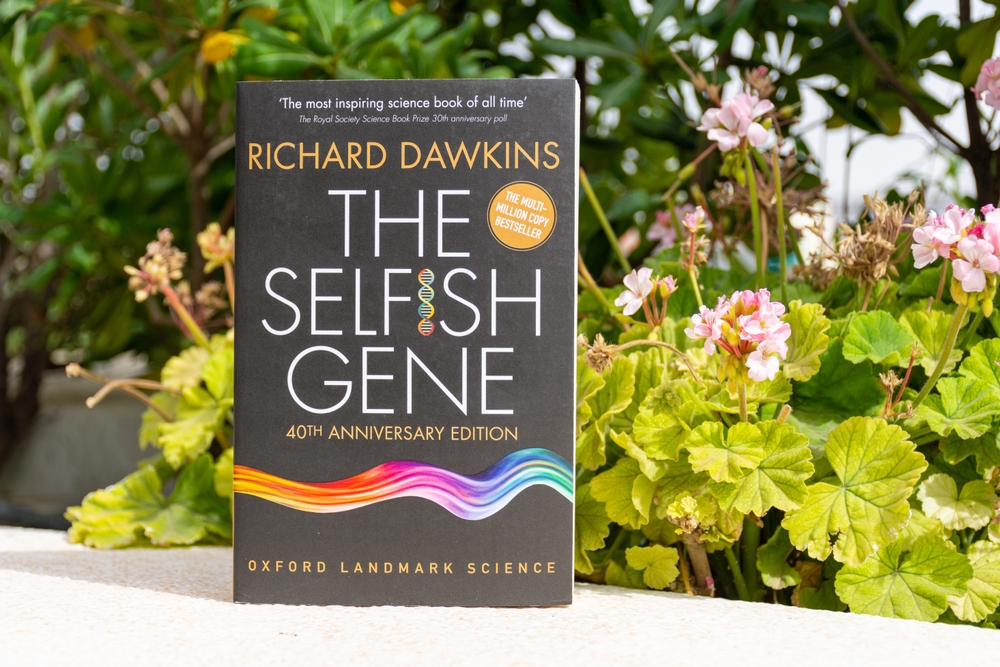
In The Selfish Gene, Richard Dawkins introduced a new way of understanding evolution by framing genes as selfish entities whose sole purpose is survival. This perspective challenged traditional views of evolution, which focused on the survival of species, by narrowing the focus to the gene as the driving force. He argued that behaviors such as altruism and cooperation could be explained as mechanisms for gene propagation. This idea revolutionized the fields of biology and psychology by highlighting how individual behaviors are influenced by genetic self-interest. The concept of the “selfish gene” has since shaped modern discussions on human behavior, social structures, and ethics.
The Categorical Imperative by Immanuel Kant

Immanuel Kant’s concept of the Categorical Imperative challenged previous ethical frameworks by asserting that moral principles should be universal and unconditional. He argued that individuals should act in ways that could become universal laws and that people must always treat others as ends, not means. This idea transformed the way we think about morality, by introducing the notion of moral autonomy and emphasizing the intrinsic worth of individuals. It also influenced legal and political systems, encouraging the development of laws based on principles of universal justice and human rights. His ethical framework remains a cornerstone of modern moral philosophy, impacting debates on human dignity and ethical decision-making.
Heraclitus’ Philosophy of Change
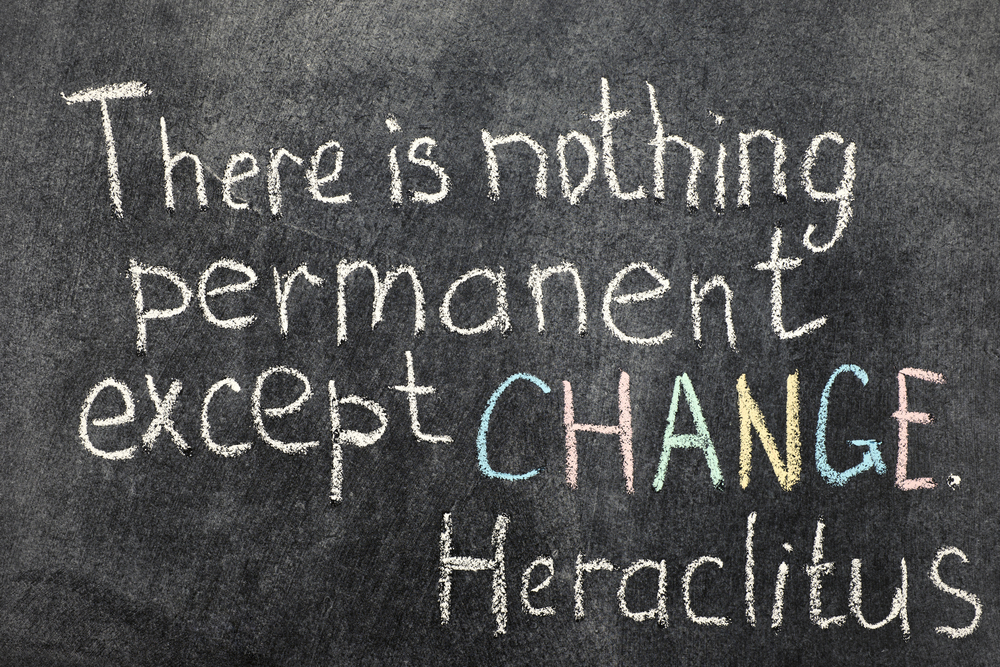
Heraclitus, a pre-Socratic philosopher, introduced the idea that change is the fundamental nature of the universe, famously stating that “you cannot step into the same river twice.” His belief in the unity of opposites—that everything is in constant flux—challenged the notion of a static reality. This idea redefined how we perceive the world, encouraging philosophers and scientists alike to view change as an essential part of existence. His philosophy also laid the groundwork for dialectical reasoning, a method later developed by Hegel and Marx. Today, his ideas continue to influence modern thinking in both natural sciences and metaphysics, pushing us to accept the fluidity of reality.
Determinism and Free Will
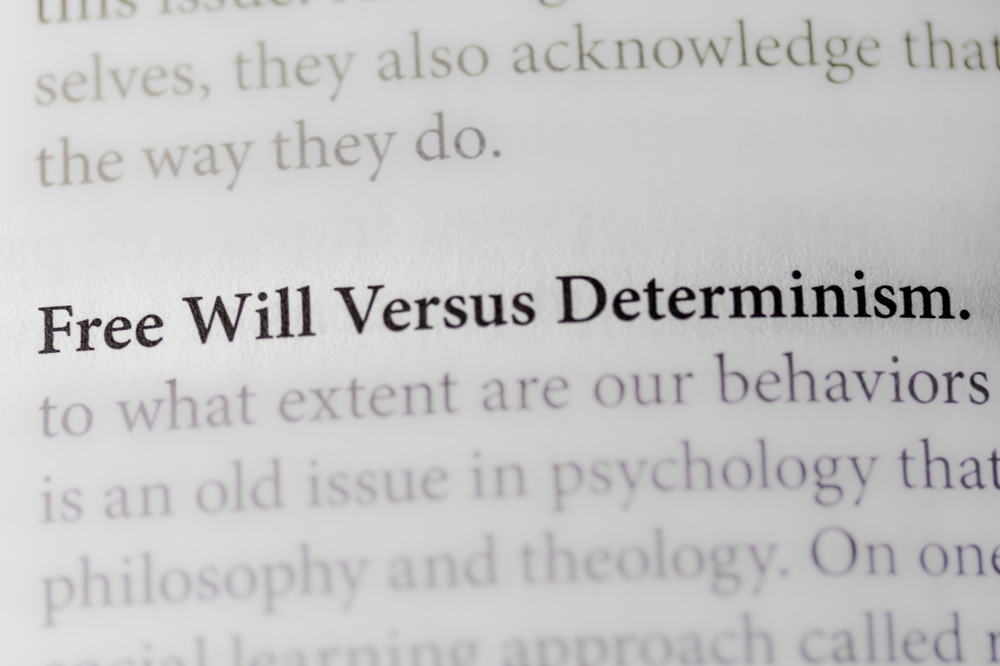
The philosophical concept of determinism challenges the notion of free will by asserting that every event, including human actions, is determined by preceding causes. According to determinism, free will is an illusion, as all events are the result of a causal chain that extends back to the beginning of time. This idea has sparked extensive debate in philosophy, psychology, and neuroscience, as it questions the nature of human autonomy and responsibility. Determinism’s impact is far-reaching, influencing legal systems and moral frameworks that are based on the idea of individual accountability. The tension between determinism and free will remains a central question in contemporary philosophical discussions.
Postmodernism by Jean-François Lyotard
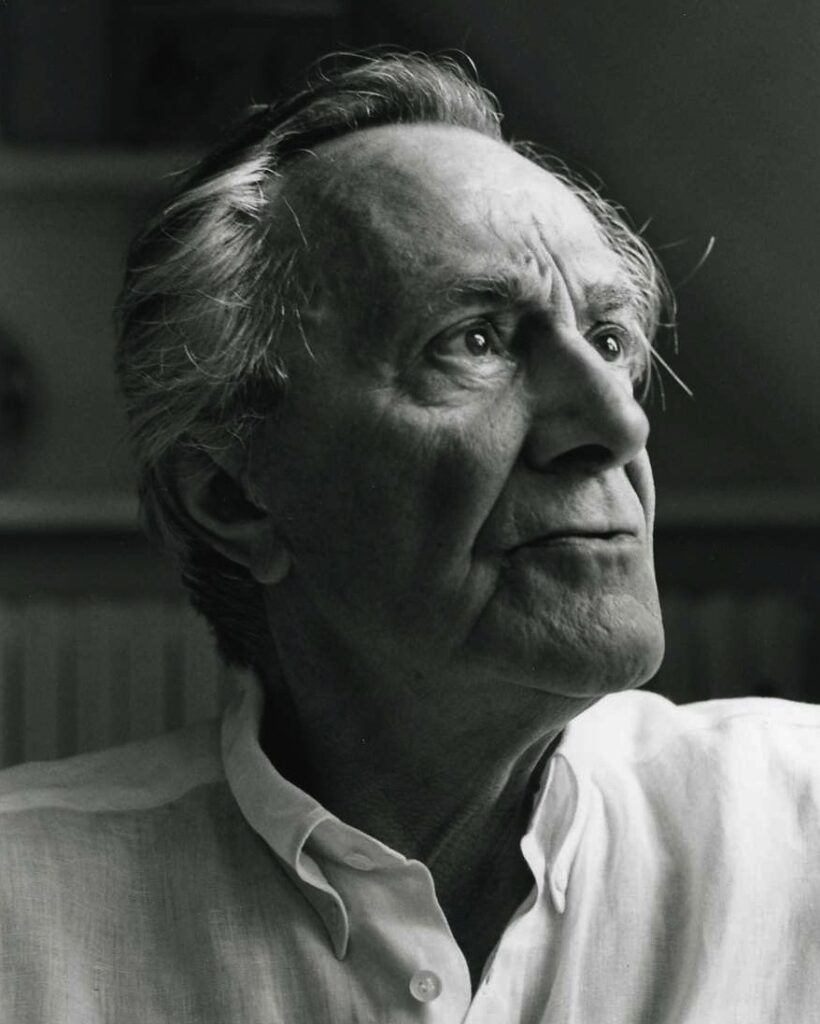
Jean-François Lyotard’s theory of postmodernism challenged the grand narratives of modernism, which sought to explain human experience through overarching theories of progress, reason, and science. He argued that in the postmodern world, these grand narratives no longer hold authority and that knowledge is fragmented and localized. This idea radically shifted how we approach fields such as literature, art, and politics, encouraging a focus on diversity, pluralism, and the rejection of universal truths. Postmodernism has since influenced a wide range of disciplines, from architecture to cultural studies, by promoting the idea that reality is shaped by individual perspectives and cultural contexts.
The Social Contract by Jean-Jacques Rousseau
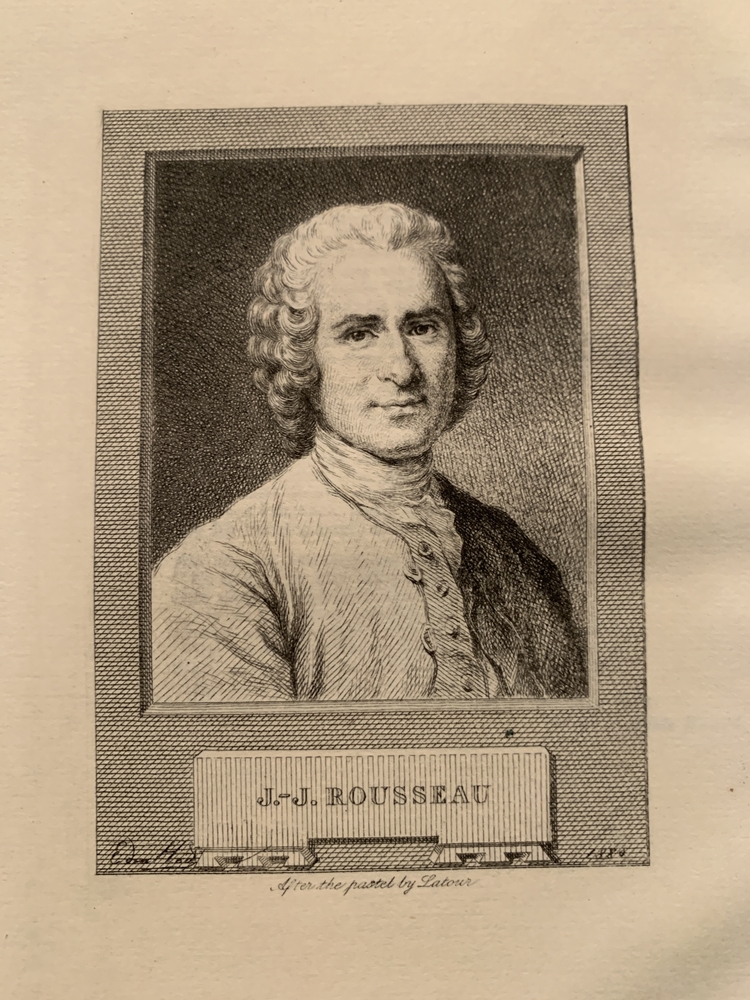
Jean-Jacques Rousseau’s Social Contract redefined political philosophy by proposing that legitimate political authority is derived from the consent of the governed. He argued that individuals enter into a social contract with one another, agreeing to be governed by collective will for the common good. This idea challenged the traditional notion of monarchal and divine rule, laying the foundation for modern democratic principles. His work had a profound impact on the development of political theory, influencing the French Revolution and the formation of modern democratic states. Today, the concept of the social contract continues to shape discussions on governance, citizenship, and human rights.
Utilitarianism by Jeremy Bentham and John Stuart Mill

Utilitarianism, a theory developed by Jeremy Bentham and John Stuart Mill, proposes that the best action is the one that maximizes overall happiness or “the greatest good for the greatest number.” This idea transformed ethical thinking by shifting the focus from individual rights to collective welfare. It has had a significant impact on public policy, economics, and law, providing a framework for evaluating the consequences of actions. The theory has been both praised for its practicality and criticized for its potential to justify harmful actions in the name of the greater good. Despite these debates, utilitarianism remains a powerful tool for ethical decision-making in contemporary society.
The Idea of Moral Relativism
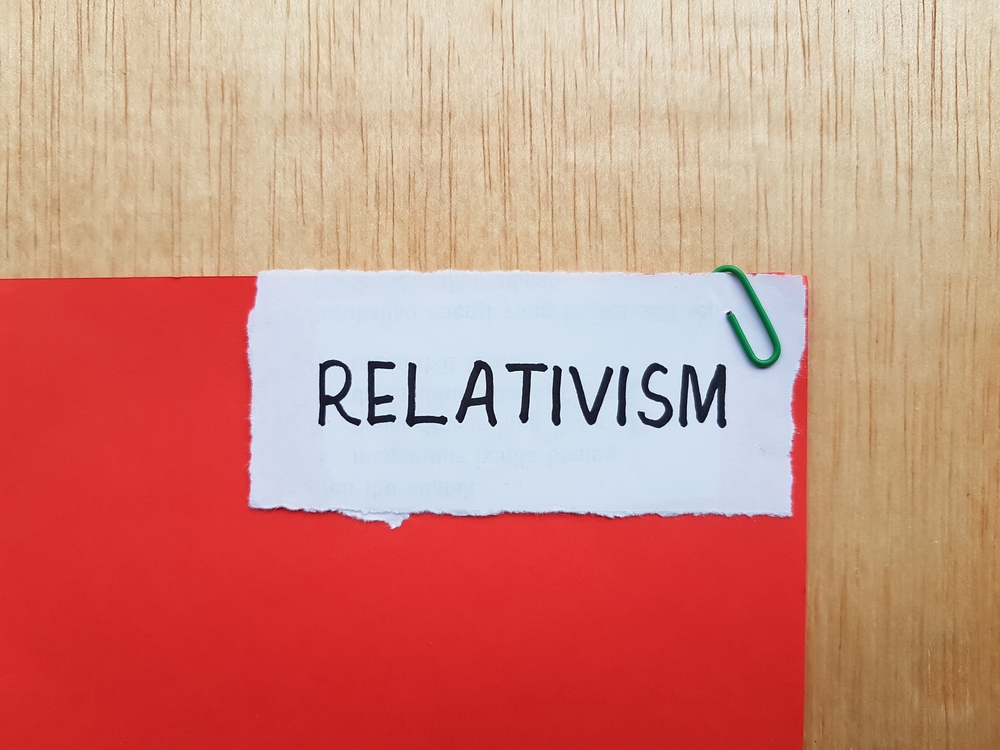
Moral relativism challenges the notion of absolute moral truths, arguing that moral judgments are shaped by cultural, historical, and individual contexts. According to this view, what is considered morally right or wrong can vary across different societies and circumstances. This idea has reshaped ethical discourse by questioning the universality of moral principles and promoting tolerance for diverse cultural practices. It has also influenced debates in anthropology, law, and human rights, as it raises questions about the legitimacy of imposing one culture’s values on another. However, it has also sparked controversy, with critics arguing that it could be used to justify harmful practices.
Marxism by Karl Marx
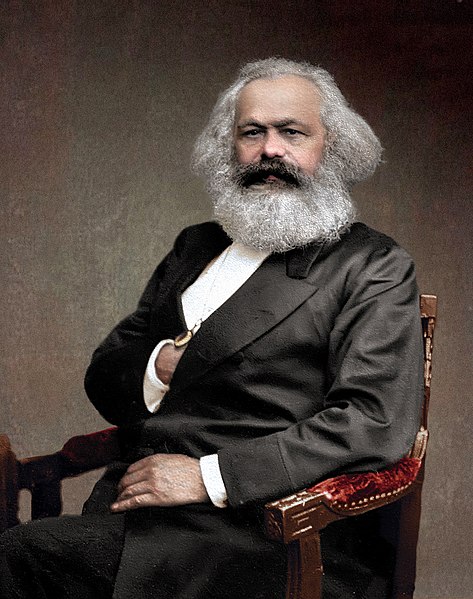
Karl Marx’s philosophy, known as Marxism, revolutionized the way we think about economics, class, and power. He argued that society is divided into classes and that the history of human civilization is a history of class struggle. His critique of capitalism, outlined in Das Kapital, called for the working class to rise against capitalist exploitation and establish a classless society. Marxism has had a profound impact on global politics, inspiring revolutions and shaping the ideologies of socialist and communist movements. Although Marxist regimes have faced significant challenges, Marx’s ideas continue to influence discussions on inequality, labor rights, and the future of capitalism.
Existentialism by Jean-Paul Sartre
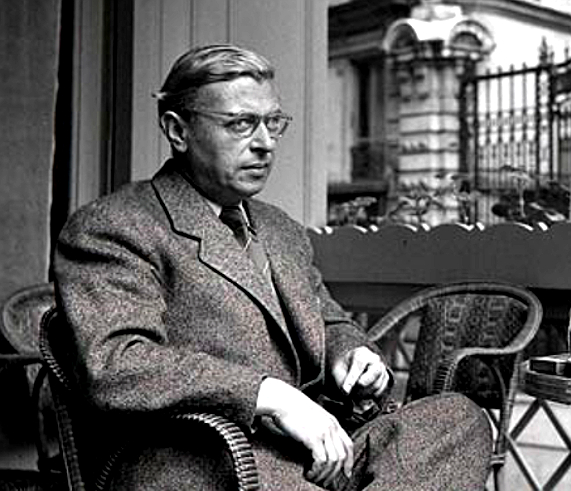
Jean-Paul Sartre’s existentialism emphasizes individual freedom, choice, and responsibility. According to him, existence precedes essence, meaning that humans are not born with predetermined purposes or values, but must create their own meaning through choices. This philosophy challenged traditional religious and moral systems, placing the burden of defining one’s life entirely on the individual. Existentialism gained popularity in the 20th century, particularly in the aftermath of World War II, as people grappled with questions of meaning and human existence in the face of chaos and suffering. His ideas continue to resonate, influencing modern discussions on free will, authenticity, and human agency.
The Theory of Evolution by Charles Darwin
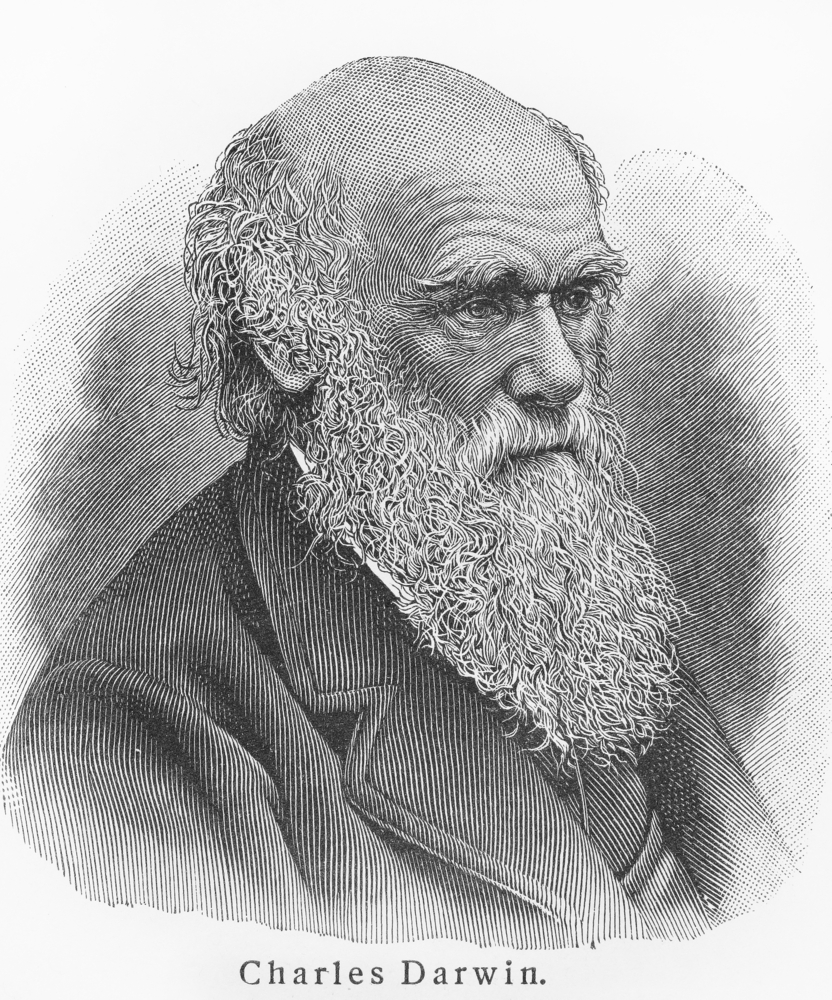
Charles Darwin’s Theory of Evolution fundamentally changed our understanding of life and humanity’s place in the world. He proposed that all species evolve over time through natural selection, a process in which traits that enhance survival are passed down to future generations. This idea challenged the traditional view that species were unchanging and divinely created, shaking religious and philosophical beliefs. His theory not only revolutionized biology but also had profound implications for ethics, psychology, and social theory. The idea of evolution has since been integrated into a wide range of fields, influencing debates on human nature, morality, and the development of societies.
Theodicy by Leibniz
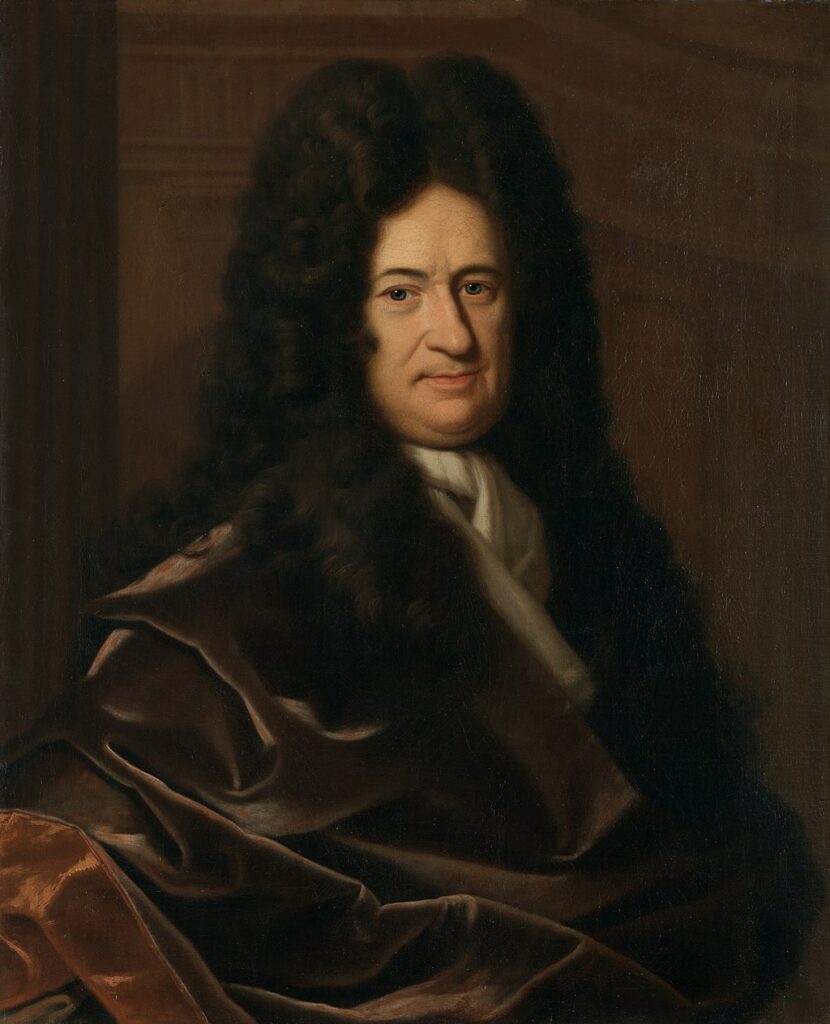
The philosophical concept of theodicy, developed by Gottfried Wilhelm Leibniz, grapples with the question of why evil exists in a world governed by an omnipotent and benevolent God. He argued that this world is “the best of all possible worlds,” and that the presence of evil is necessary for the greater good. This idea challenged traditional religious views, offering a philosophical justification for suffering and evil. Theodicy has had a lasting impact on theology and philosophy, influencing discussions on the nature of God, free will, and the problem of evil. While the concept remains controversial, it has shaped ongoing debates in the philosophy of religion.
This article originally appeared on Rarest.org.
More from Rarest.org
12 Rare Mammals That Live in the World’s Tallest Mountains

High-altitude regions around the world are home to some of the most unique and uncommon mammals on the planet. They have adapted to survive in the harsh, cold, and rugged environments of the world’s tallest mountains. Read More.
13 Remarkable Stadiums Known for Their Unique Designs

Stadiums are more than just venues for sports—they are architectural marvels that push the boundaries of design and innovation. From iconic shapes to sustainable features, these remarkable structures showcase how function meets artistry.
9 Coveted Antique Rugs That Command High Prices

Antique rugs have long been prized for their craftsmanship, historical significance, and unique designs. These handwoven masterpieces, originating from various regions around the world, not only add beauty to any space but also represent a rich cultural heritage. Read More.
